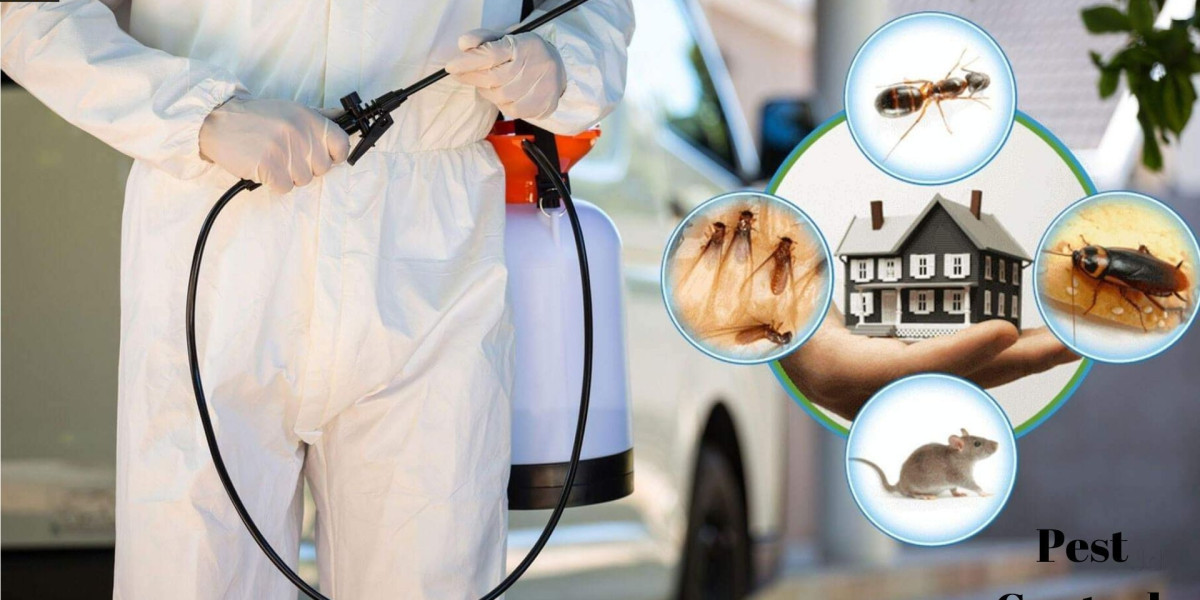The Problem: Roach Infestations in NYC Apartments Are More Than a Nuisance
For New Yorkers, especially those in older buildings or large rental complexes, cockroach sightings can feel like an unfortunate fact of life. But when an occasional roach turns into a full-blown infestation, it’s not just an inconvenience—it’s a serious health and legal issue.
Roaches aren’t just disgusting. They carry bacteria, trigger asthma, and reproduce fast. And when you’re renting in Brooklyn, Queens, or the Bronx, it’s not uncommon to encounter these pests in even recently renovated apartments. That raises the question: if your landlord doesn’t take care of the problem, can you break your lease—and more importantly, can you get your security deposit back?
Agitate: What Happens When Roaches Take Over—and Your Landlord Does Nothing
Let’s be real: the legal right to a “warrant of habitability” exists for a reason. That means your landlord is responsible for providing a livable, pest-free environment. But too often, tenants are ignored—or worse, blamed—when they report serious roach issues. And that leaves renters in a bind: stay and risk your health, or leave and risk losing thousands in rent and deposits.
Take what happened to Jasmine, a tenant in a pre-war walkup in Crown Heights. Her roach problem started small—just one or two in the kitchen. She cleaned, used traps, and sealed cracks. But the infestation got worse, spreading to the bathroom and bedroom. She reported the issue to her landlord multiple times, with little more than a promise to “send someone next week.” That never happened.
Eventually, Jasmine couldn’t take it anymore. She developed asthma symptoms and was constantly stressed in her own home. After weeks of waiting, she left—but her landlord claimed she broke the lease and withheld her $2,400 deposit.
This is the kind of scenario tenants across New York City face every day. Without a clear understanding of their rights—and a solid plan—many renters lose out on both their health and their money.
The Solution: Know Your Rights and Take Smart Steps to Protect Yourself
If you’re facing a serious roach infestation, here’s the good news: New York’s housing laws are on your side—if you know how to use them.
Here are five steps every tenant should take before breaking a lease due to pests:
- Document everything. Take dated photos and videos of the roaches. Keep records of all communication with your landlord.
- Report it officially. File a complaint with 311 or the NYC Department of Housing Preservation and Development (HPD). This creates a formal record that can support your case.
- Give your landlord a fair chance to respond. NYC laws require landlords to address pest issues—but tenants should allow “reasonable time” for repairs (usually 10–30 days).
- Request pest control in writing. Send a letter or email requesting treatment from a licensed exterminator. This puts pressure on the landlord to act—and strengthens your legal standing if they don’t.
- Consult legal help. If your landlord refuses to act and you’re considering leaving, speak to a tenants’ rights attorney or local legal aid. They can help you understand your options and recover your deposit.
If you’ve followed these steps and the infestation persists, you may be justified in breaking your lease—and under the right conditions, you could still get your deposit back.
How Much Do They Charge for Maintenance Pest Control? A Realistic Guide for NYC Homeowners
Case Study: Roach Trouble in a Brooklyn Brownstone
Let’s look at how one tenant successfully broke their lease—and kept their deposit—after battling roaches in a historic Brooklyn brownstone.
Alex rented a garden-level apartment in a Prospect Heights brownstone that, while charming, had one major flaw: roaches. After finding dozens in his kitchen within the first two weeks, he contacted the landlord immediately. The response? “It’s an old building—it happens.”
But Alex knew better. He logged each incident, photographed the pests, and sent three written complaints over the next month. When the landlord failed to act, he filed a 311 report. Within days, HPD visited and issued a violation notice to the landlord for failing to address a sanitary code violation.
Armed with documentation and legal support from a local tenants' clinic, Alex gave notice, vacated the unit, and submitted a formal letter demanding the return of his deposit. The landlord initially resisted—but after a letter from Alex’s attorney, the full deposit was returned within three weeks.
This isn’t a fantasy—it’s a real outcome when tenants know their rights and work with professionals who understand pest control Brooklyn and the law.
What Role Does Professional Pest Control Play?
Landlords are legally required to keep rental properties free of pests, but too often, they take shortcuts—spraying over-the-counter treatments or hiring unlicensed help. That’s not enough. In multi-unit buildings especially, DIY efforts just drive roaches from one apartment to another.
This is where a professional pest control service comes in. Licensed technicians don’t just spray—they identify nests, use targeted baits, and seal off entry points. Treatments are often done in multiple stages to fully eliminate infestations.
Professional providers in NYC know how to treat older buildings with complex layouts. They understand the unique pest pressures in places like pest control Brooklyn neighborhoods, where high population density and shared walls can make infestations harder to control without expert intervention.
What About Pet-Safe or Child-Safe Treatments?
One common concern for families: Is pest control safe around kids or pets?
The answer is yes—when handled by experienced professionals. The best pest control companies offer treatment plans using insect growth regulators (IGRs) and bait stations that are strategically placed out of reach of children and pets. Always let your pest control provider know about pets and children in the home so they can tailor the treatment accordingly.
What If the Landlord Refuses Professional Help?
Unfortunately, some landlords cut corners—or ignore complaints entirely. That’s why it’s critical to involve outside authorities early on. If your landlord refuses to bring in licensed help, your complaint to 311 can result in a housing code violation. This not only pressures the landlord but creates a formal record supporting your lease break.
And if you do decide to move out, that record becomes essential for recovering your deposit.
Final Thoughts: Don’t Settle for Living With Roaches
Living with roaches isn’t something anyone should have to tolerate. If your landlord won’t fix the problem, you do have options—and the law is often on your side. But you have to take action smartly, and with support.
Whether you're battling a small infestation or a full-blown takeover, don’t go it alone. Working with professionals—from pest control experts to housing advocates—can help you reclaim your home, your health, and your peace of mind.
Need help with a roach infestation or legal pest-related concern in your NYC apartment? Don’t wait. Call our team today to schedule a safe, effective inspection and protect your rights.
? +1 718-427-6200








